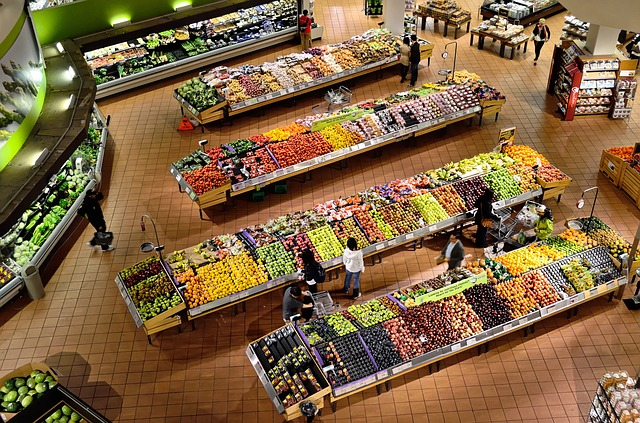Britain's supermarkets suffered a slow start to 2020 as shoppers embraced the "Dry January" and "Veganuary" campaigns to shun alcohol and meat, industry data showed on Tuesday. Market researcher Kantar said total UK grocery sales rose just 0.3 percent in the 12 weeks to January 26, with the traditional "big four" supermarket groups all-seeing year-on-year sales declines.
'Dry January' and 'Veganuary' campaigns affecting supermarkets

"Many people start the year with good intentions and pledges to make healthier choices following the excesses of the festive period," said Fraser McKevitt, head of retail and consumer insight at Kantar. The researcher said No. 2 player Sainsbury's, which last month named a new CEO, was the least worst performer of the big four with a sales decline of 0.6 percent.
"While still declining, Sainsbury's performance is improving, and online sales were a bright spot – growing by 7 percent year on year," said Kantar. Industry leader Tesco, Walmart-owned Asda and Morrisons saw sales falls of 0.9 percent, 2.2 percent and 3.0 percent respectively.
Prices of bacon, sausages and cooked meat are rising
All of the big four continued to lose market share to German-owned discounters Aldi and Lidl, whose sales rose 5.7 percent and 11.1 percent respectively, giving them a combined market share of 13.8 percent. Unlike the big four, they are continuing to open lots of new stores. Kantar said online supermarket Ocado was Britain's fastest-growing grocer, with sales up 11.2 percent.
Shares in Sainsbury's were up 1.1 percent at 0906 GMT, Tesco was up 0.7 percent and Morrisons was up 1.2 percent. The FTSE 100 index was up 1.5 percent. Last month, Tesco, Sainsbury's and Morrisons all reported subdued Christmas trading, blaming a tough consumer backdrop. Kantar said grocery inflation was 1.0 percent over the 12 weeks. Prices are rising fastest in categories such as bacon, sausages and cooked meat while falling in butter and fresh poultry.








